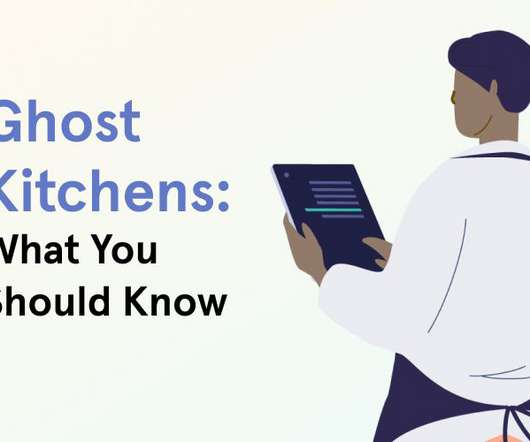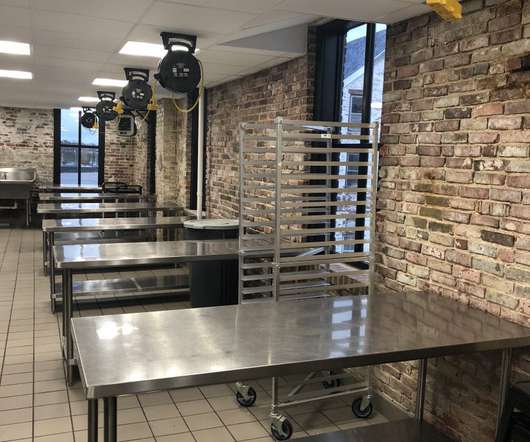The Guide to Success with Ghost Kitchens for Restaurant Owners
7 Shifts
JUNE 20, 2022
We chatted with some of those most experienced in the ghost kitchen game to find out some myths, best practices, and tips for success in this food service style. And like the 2008 financial crisis showed us the necessity of food trucks , the pandemic brought ghost kitchens into the light and accelerated their growth. Table of Contents.















Let's personalize your content